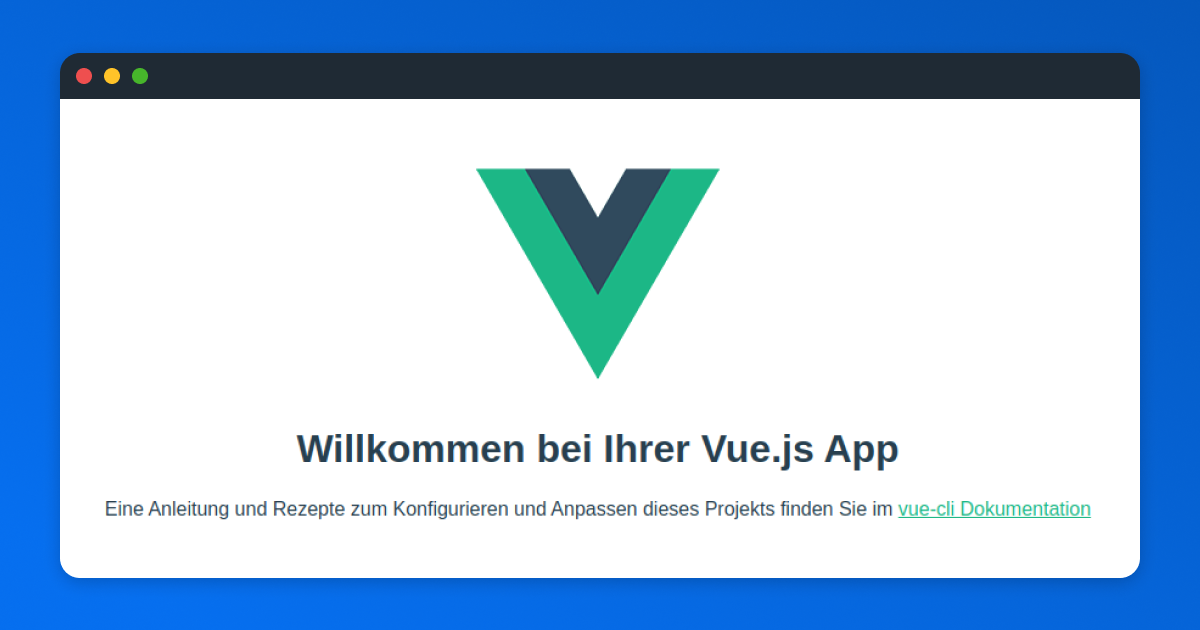Localization of any type of application, be it a web, mobile or desktop app, can be tedious and irritating. In this article, I’ll show you how can you handle that easily with Localazy and vue-18n in a way that you’ll spend your time effectively and actually enjoy the localization process.
Localazy’s most prominent features are a pro-active review process, highly accurate translation memory supported by community-shared translations and non-disturbing, and crystal clear UI which is not bloated with rarely used options. And as I’ll show shortly, it works seamlessly with vue-i18n. Thanks to that, managing translation strings, even with open-source projects where anybody can contribute (with varying quality), is a piece of cake
tldr;
- sign up for Localazy,
- create an app with English as source language and Use community translations (ShareTM) option enabled,
- select Vue.js integration option and install Localazy CLI,
- install and configure vue-i18n
- create
localazy.jsonin root and paste in and modify the configuration - create
localesfolder and in it createen.json. Add any translation key-value pair, e.g. - run
localazy upload, - in Localazy, add any language. Then review it and accept the suggested phrases,
- run
localazy downloadand checklocalesfolder for the new locale, - run the app
npm run serve
#javascript #typescript #localization #vuejs #i18n #localazy #frontend #web-development
